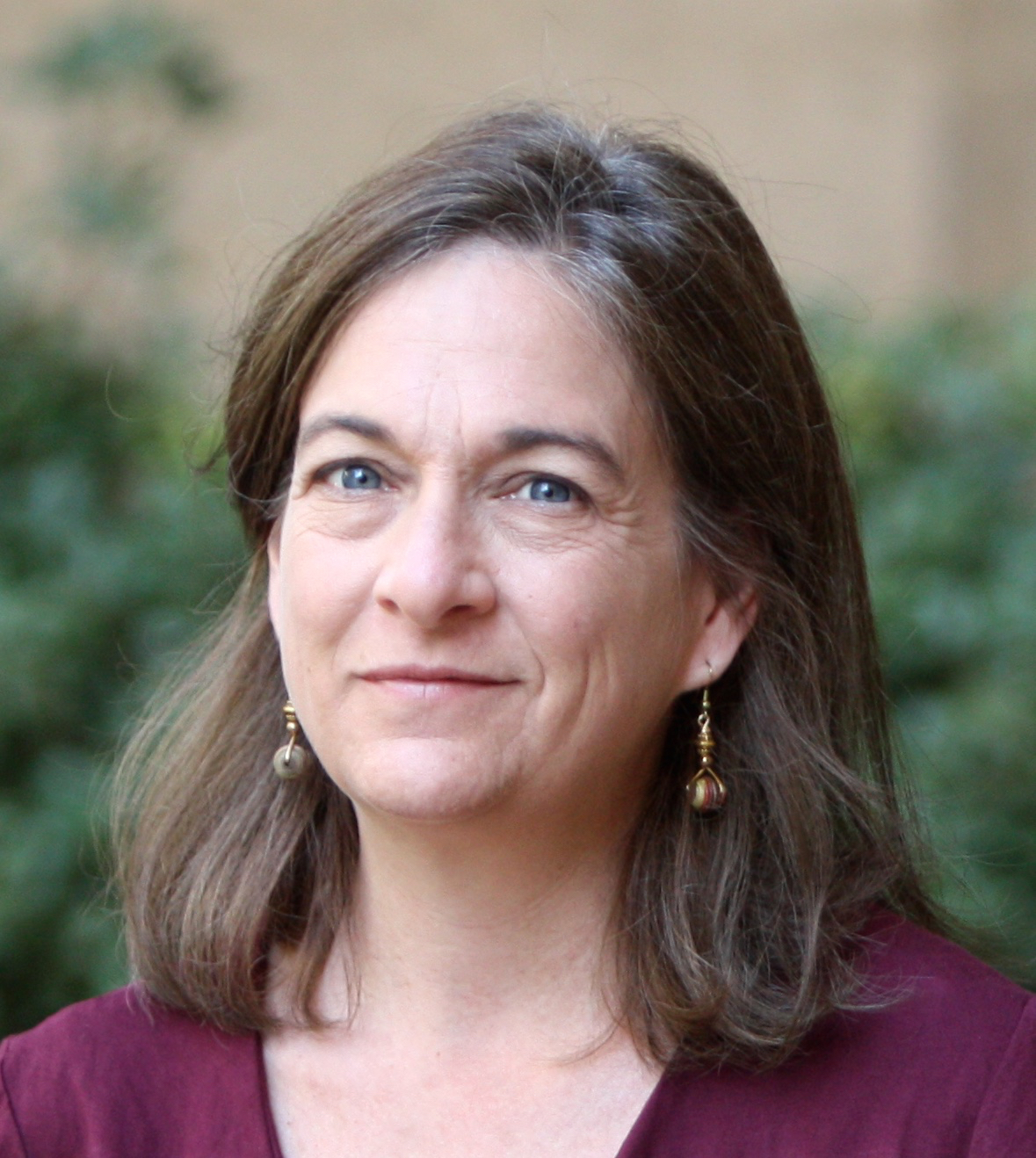About the event
Please join us for a conversation with Professor Kim Fortun of UCI “Experiments in Ethnographic Collaboration: Purposes, Designs, Infrastructures, Invitations.”
In the last decade, there has been increasing interest in collaboration among cultural analysts, and between cultural analysts, researchers in other disciplines, and people the communities they study. Through an array of projects, we’ve learned that the process and politics of collaboration is far from straightforward. We’ve also learned how collaboration is shaped by the sociotechnical infrastructure that underpins it. In this presentation, Prof. Fortun will share what she and her team have learned about collaboration through projects supported by the Platform for Experimental Collaborative Ethnography (PECE), digital research space they’ve built to support collaboration in cultural anthropology, history and kindred fields. She’ll also introduce diverse collaborative projects, inviting participation. This presentation extends from work with the PECE Design Group, and with the design groups for many PECE projects.
The event will take place virtually on Tuesday April 6th at 4:30pm. Please RSVP for the event here to receive the zoom link. There is no prior reading required for this event.
presenter BIO
Kim Fortun is a professor of Anthropology at UCI, and she is the President of the Society for Social Studies of Science. She is a cultural anthropologist with research and teaching focused on environmental risk and disaster, experimental ethnographic methods and research design, and the poetics and politics of data infrastructure.
Starting with an extended study of the 1984 Union Carbide chemical plant disaster in Bhopal, India (Advocacy After Bhopal), her research has examined how people in different geographic and organizational contexts understand environmental problems, uneven distributions of environmental health risks, developments in the environmental health sciences, and factors that contribute to disaster vulnerability. She is also invested in understanding and helping build “data capacity” (including technical infrastructure, public data resources, analytic and visualization capabilities, supporting educational programs and fields of expertise, and so on).
